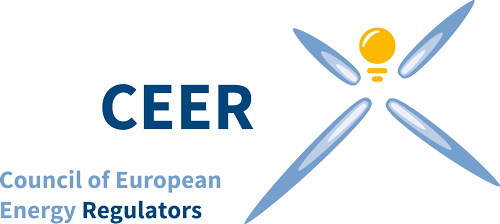COURSE ORGANISATION
Energy network revenues and tariffs are set by energy regulators to help ensure value for money and security of supply. There is also a focus on incentivising a high quality network service. Competitive pressures through incentives are effective in leading companies to choose the strategies that ensure the best performances. In addition, there are now significant developments impacting on the network businesses. Elements such as innovation, flexibility and digitalisation are potential ways to provide for network efficiency and other performance outcomes. Their benefits should, however, also be balanced with the costs for customers. There is a clear distinction between incentives for DSOs and TSOs through allowed revenues and incentives for network users through network and connection tariffs.
Energy regulators must carefully evaluate the costs of regulated companies to determine a fair return on capital while ensuring that customers do not pay more than necessary. This allowed revenue (whose calculation methodology is determined nationally) is then recovered via network tariffs, themselves carefully designed to reflect the costs of serving network users. There is no single regulatory incentive model appropriate for the diverse set of DSOs and TSOs that exist across Europe. Energy regulators must decide on the inclusion and design of relevant elements in incentive schemes based on the regulatory framework and the characteristics of the industry in each Member State. One of the regulatory tools that energy regulators can use to compare and determine the efficiency of their network design and in setting allowed revenues is benchmarking.
Designed for:
Level B: Specialised Course
This tailor-made CEER online training programme is designed for experts from National Regulatory Authorities (NRAs) who want to improve their expertise and exchange experiences in network incentive regulation and benchmarking. Other experts from European Institutions (ACER, European Commission) are also invited to attend.
Course structure:
- A series of online classes which give the participants the opportunities to participate in interesting presentations, discussions and exchanges with the trainers and other participants via video conference methods.
- Access to interesting literature review and reading materials on the topics addressed in the course.
- Interesting exercises and course work that participants need to prepare in advance to contribute to the online debates during the online classes.
Online Class 1 on 05 October 2020 - 14:00 - 17:00 (CEST).
Online Class 2 on 06 October 2020 - 14:00 - 17:00 (CEST).
Online Class 3 on 07 October 2020 - 14:00 - 17:00 (CEST).
Programme overview:
- Examine the principles of network incentive regulation in the context of significant developments impacting on the energy network such as innovation, flexibility and digitalisation.
- Explore different national case studies on how to design the incentive schemes, how to switch from cost plus to incentive-based regulation and how to use regulatory sandboxes in the implementation of incentive schemes.
- Discover practical examples and exchange experiences and lessons learnt on different benchmarking exercises, covering international, European and national benchmarking for gas and electricity networks at transmission and distribution levels.
- Participate in exciting discussions and group work on incentive regulation and benchmarking in gas and electricity, transmission and distribution.
Course Advisor: Prof. Tomás Gómez, Universidad Pontificia Comillas, Member of CEER Training Academy Advisory Board
